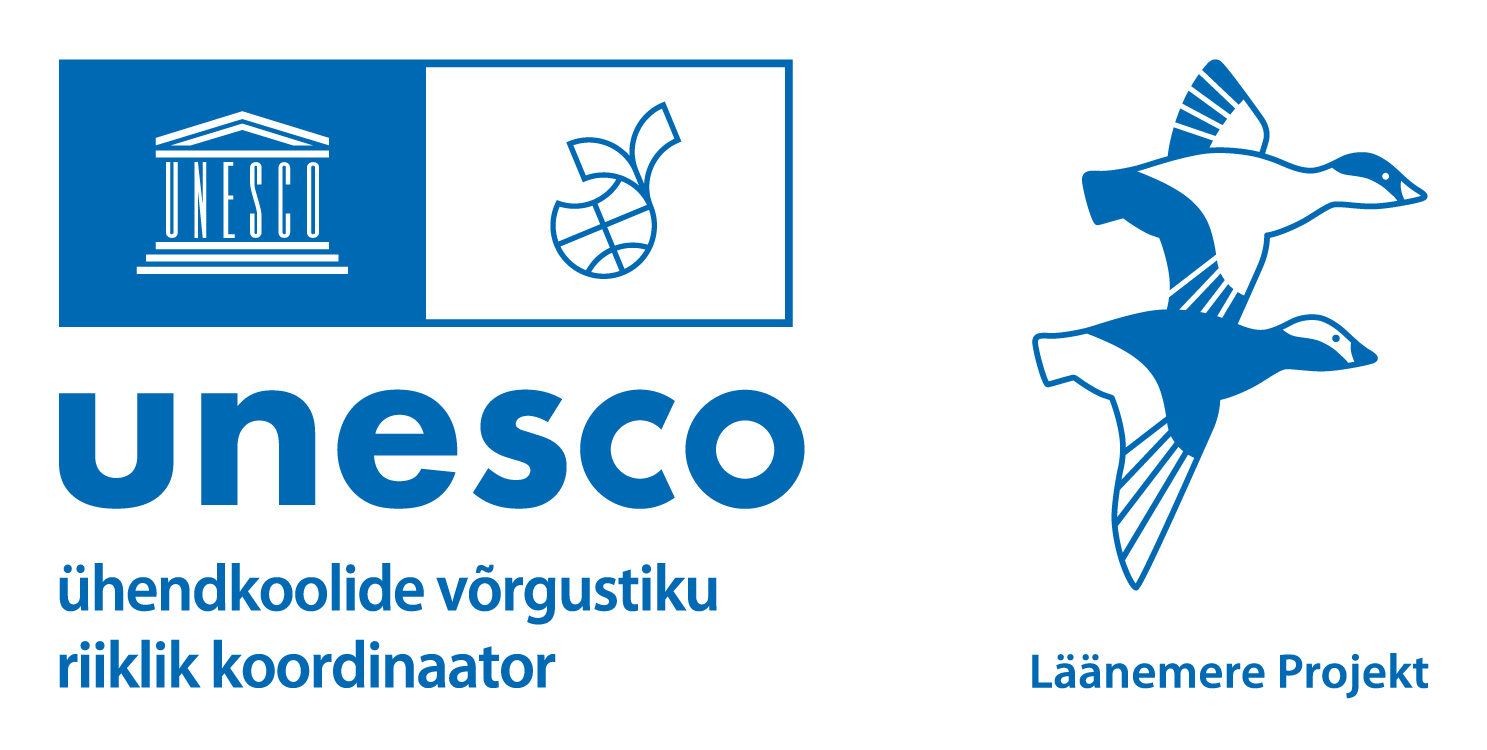Järgmine artikkel on kirjutatud Tartu loodusmaja vabatahtliku Jelisaveta Dzigurski poolt. Ta on pärit Serbiast ning tegutseb Tartus Euroopa Solidaarsuskorpuse programmi vahendusel.
On November 29th 2019, Lyceum 179 from Saint Petersburg held a regional conference with international participation “Projects and studies – implementation of the environmental component of education for sustainable development.” The main aim of the conference was to promote schools who are actively working on popularization of environmental education and teaching about sustainable development. Students had the opportunity to present their experience of instrumental environmental research to the various experts and scientists.


The conference was opened by Anna Solomonovna Obukhovskaya (Deputy Director for Water Management of SBEI Lyceum 179) and key speakers were Silin Aleksey Viktorovich (Vice-Rector for Science and Innovation of Mechnikov North-West State Medical University), Aira Unden-Selander (General Coordinator of UNESCO Baltic Sea Project from Finland) and Viktoria Rudenko (Global Education Project Coordinator and UNESCO ASPnet National Coordinator from Estonia).
Aira Unden-Selander introduced prominent UNESCOs Baltic Sea Project and pointed out how we should all learn not solemnly to study subjects, rather how to develop critical thinking and to explore the world around us. “In environmental education accent is put on cooperation of the whole community, as well as the cooperation of all the professors specialized in any of a wide variety of subjects and fields.”Conference gathered around 50 students-participants, from Russia and Estonia, who presented their projects. From the interviews students’ excitement towards the event was evident: Iris Alev (Estonian Viimsi Gymnasium) and Vasilyeva Irina (Russian GBEI Lyceum 179) both agreed that these types of manifestations are important since they are a unique opportunity for young researchers to present their projects and share their scientific interests with others. “Scientific researches are not exclusively for higher education scientists, youngest can also contribute with their own projects and experiments”, said Iris.


After the presentations, in the Assembly Hall of the Lyceum, Sibiryakov Sergey Mikhailovich (Head of the Organizational and Methodological Department of the Federal State Health Institution “Center for Hygiene and Epidemiology of Saint Petersburg”) and Lyudmila Pavlovna Zueva (Honored Scientist of the Russian Federation and Chief Epidemiologist of the Ministry of Health of the Russian Federation for the Northwestern Federal District) held their speeches to motivate and inspire young students in continuing their contributions to science. “Such conferences are extremely valuable, and I would like to see more of the international participants next year. They are a real challenge for both students and professors, from which a lot can be learned”, emphasized Aira Unden-Selander.
While reflecting on the whole event with one of the organizers of this conference – Alla Kushkha stated that she is pleased with this year’s conference, acknowledged all of the participants for supporting the event and promised to continue this tradition in even wider and more international capacity.
Additionally, when it comes to international excursions it is crucially significant to provide students with cultural activities. Whole experience for the Estonian team, lead by Viktoria Rudenko (NGO Mondo), also comprised of Tallinna Mustamäe Reaalgümnaasium, Narva Soldino Gümnaasium and Viimsi Gümnaasium, was enriched with guided visit of the State Russian Museum and guided city sightseeing tour. Everyone was thrilled and enjoyed their time in Saint Petersburg.


Finally, Estonian team would like to express their gratitude to the organizers for the invitation and hospitality, as well to Viktoria Rudenko for arranging meaningful extra activities and providing the accommodation. The trip was partly organized also by Gedy Matisen (Tartu Nature House) who is the National Baltic Sea Project’s coordinator in Estonia, and whos initiative was to send a volunteer to the conference to get media coverage. Also, many thanks go to the Estonian Ministry of Education and Research to fund these initiatives towards ESD (education for sustainable development).
Hopefully the pictures I made and the small article will paint you a vivid picture of the whole experience. I am very thankful to meet such nice people and hope the BSP (Baltic Sea Project) will continue for a long time.
Yours truely, Jelisaveta
